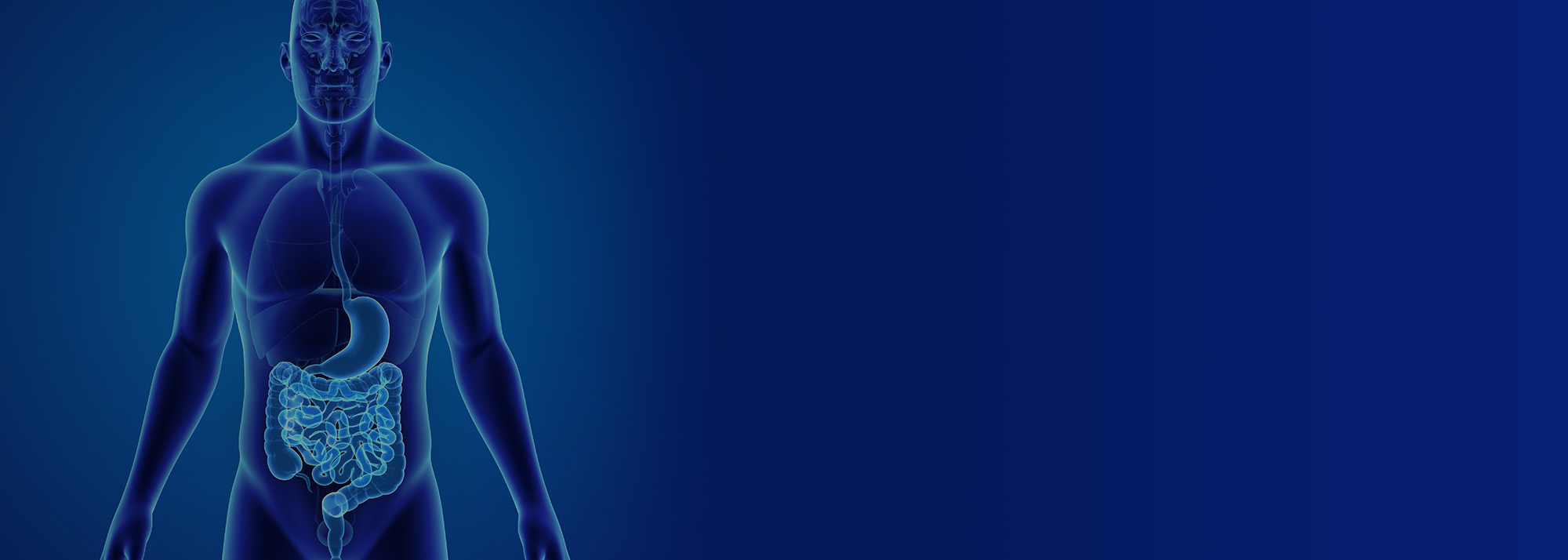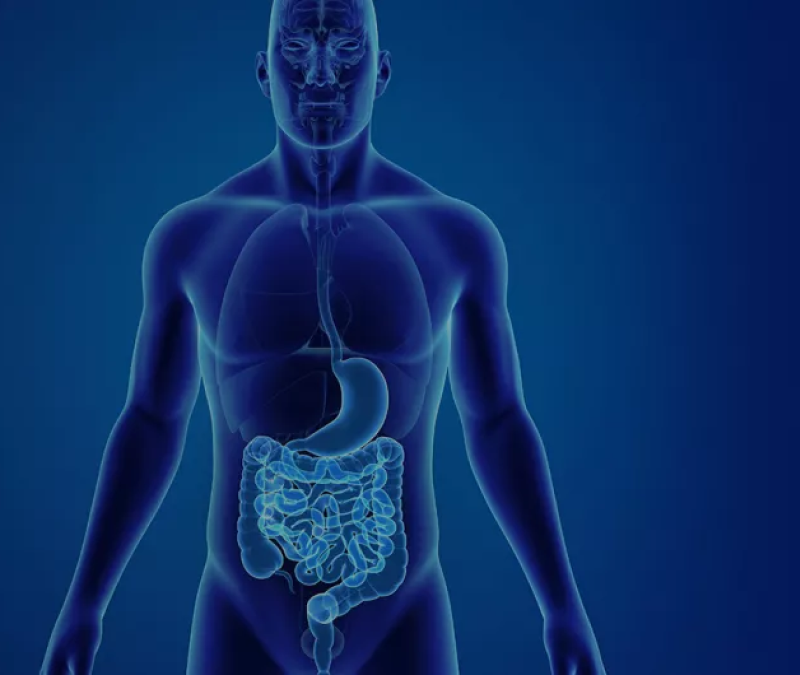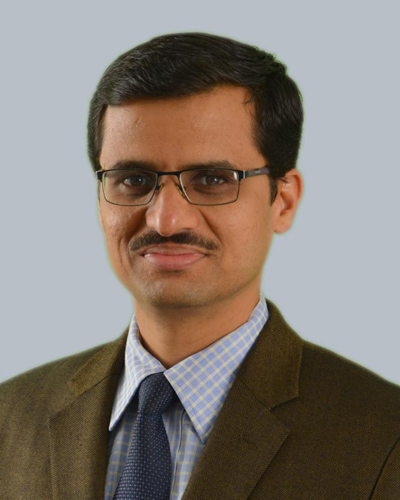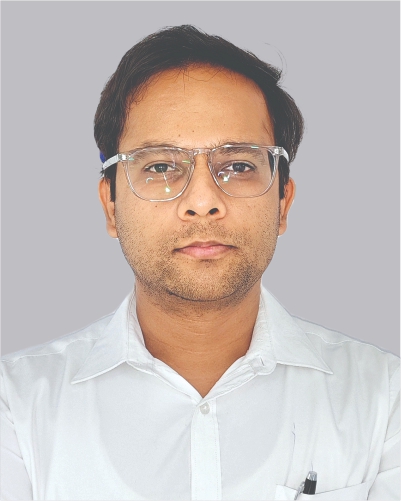Be it stomach ache, liver transplants, digestion issues or even auto-immune conditions, the experts at Aster Aadhar Hospital’s Department of Gastroenterology and Hepatology treat hundreds of patients for issues regarding the stomach, intestine, liver and pancreas every day. The broad nature of gastroenterological conditions demands for a wide range of medical solutions using modern surgical methods and technology.Backed by powerful imaging technology and state-of-the-art equipment for treatment modalities, our specialists provide a comprehensive examinations and a unique, completely integrated model of care for the entire gastro-intestinal tract.
Our Doctors
We have some of the best specialists from around the world, they bring years of experience and offer evidence-based treatment to ensure the best care for you.
FAQs
Want to find out more about the treatment? The answer to your questions can be found below.
What are the most common types of conditions that gastroenterologists treat?
Gastroenterologists at Aster MIMS Kannur commonly address prevalent conditions such as acid reflux, irritable bowel syndrome (IBS), inflammatory bowel disease (IBD), ulcers, liver disorders, gallbladder issues, pancreatitis, and gastrointestinal cancers. With expertise and precision, they offer effective care for a broad spectrum of digestive system conditions tailored to individual needs.





